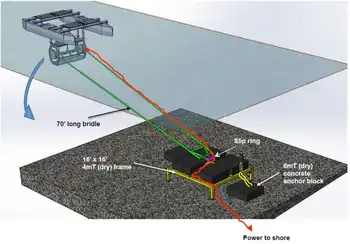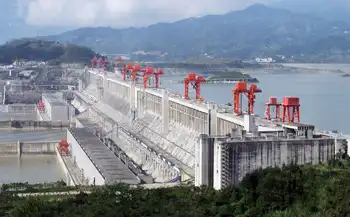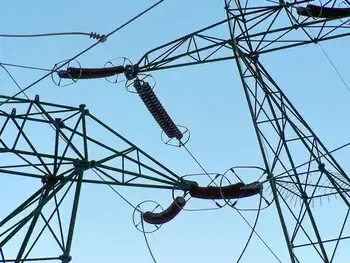TransAlta says emissions plan would hurt Alberta
Chief executive Steve Snyder questioned comments by Federal Environment Minister Jim Prentice on new greenhouse gas regulations that would phase out traditional coal-fired power plants and require carbon capture and storage for new ones.
“Does this impact Alberta? Of course it does. We have the largest percentage of coal-fired generation in Canada,” Snyder said after TransAlta’s annual meeting in Calgary.
“This is a very tough challenge to solve CO2 and not bankrupt the province and meet all of our commitments.”
Prentice has said he is working toward a cap-and-trade system to reduce CanadaÂ’s greenhouse gas emissions. He told a Toronto newspaper the plan would include requirements to phase out old coal plants once they reach the end of their lifespan. New plants would have to include carbon capture and storage technology.
Prentice is expected to meet with industry officials about the regulations, which are expected to be released later this year.
Coal-fired plants are among the biggest producers of Canadian emissions. TransAlta operates the largest fleet of coal-fired electricity plants in the country.
But Snyder said itÂ’s unclear how Ottawa would meet its own 2020 deadline in greenhouse gas reductions since most operators have been extending the life of plants through reinvestment. As well, simply replacing coal with other fuels, such as natural gas, may thwart attempts to develop technology to cut emissions from coal, which is a plentiful resource.
Power producers such as TransAlta are working on reducing emissions, but Snyder said it will take time for technology to be proven and put in place. He also questioned the federal governmentÂ’s commitment to advancing the technology given that its funding contributions are only a fraction of AlbertaÂ’s $2-billion development fund.
“I’m not sure why we seem to want to put billions of dollars into the automotive sector to keep an industry going that seems not to have a good product and hasn’t been particularly well run, but we don’t want to put a fraction of that into technology to solve carbon for coal plants,” he said.
“Alberta is putting the money in; federally there is very little money going into carbon capture.”
Ottawa pumped a total of $140 million into several carbon capture and storage projects in March, including TransAltaÂ’s plan to retrofit of one of its existing coal-fired plants. Project Pioneer, a joint effort with Alstom Canada, is on AlbertaÂ’s shortlist for funding.
But the project, expected to cost about $500 million, is unlikely to go forward without government support.
“Getting CO2 out of our system is going to cost money. There is no way around it,” said Snyder.
“We need some form of support to get it done.”
Related News

Cheap material converts heat to electricity
NEW YORK - So-called thermoelectric generators turn waste heat into electricity without producing greenhouse gas emissions, providing what seems like a free lunch. But despite helping power the Mars rovers, the high cost of these devices has prevented their widespread use. Now, researchers have found a way to make cheap thermoelectrics that work just as well as the pricey kind. The work could pave the way for a new generation of greener car engines, industrial furnaces, and other energy-generating devices.
“This looks like a very smart way to realize high performance,” says Li-Dong Zhao, a materials scientist at Beihang University who…




